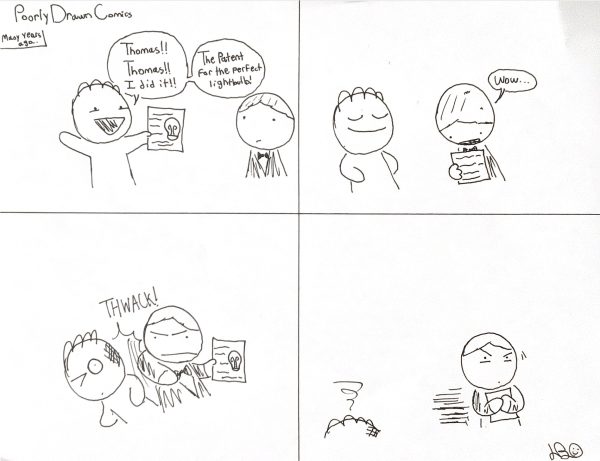Stomp Out Rumors!
May 21, 2019
*Pronouns have been flopped occasionally in order to keep interviews anonymous due to anonymous purposes*
Plenty of students manage and cope with bullying and rumors going on around in their schools and it is not acceptable having young souls risk their lives over false or personal information that is spread.
I simply introduced the students I will be interviewing with my topic; “don’t believe anything you see,” and asked whether they agreed with it or not.
One student said that she doesn’t agree with this because “it might be true and it might happen.” He said that rumors are just like “fortune cookies.” The student is not sure as to why others believe in rumors, but probably to “make someone’s life better,” meaning that the person who is bullying the victim is going to make the bullies’ life better. She says that to prevent rumors from happening, “you shouldn’t listen to them, don’t spread rumors, walk away”.
Another student said that they don’t believe that as well. She explained, “because they want attention.” People just “want to be dumb.”The student then explained how rumors can be prevented and she stated “by not saying anything.”
Rumors happen because people just want to say hurtful, rude and false things about others and is believed by a numerous amount of people.
The third student said she agreed because that student might have a “bad background.” He thinks they might spread rumors because they might “like the attention. A way to prevent it is to go to the school counselor, she said.
The last student said he thinks that he agrees with the phrase “don’t believe anything you see”. She said that they should let anyone talk and just ignore it.
Students should not believe everything they see or hear about because they actually don’t know whether it’s true or false. Having someone say something bad about a person and having people who don’t really know the specific person shouldn’t believe what they are saying.





